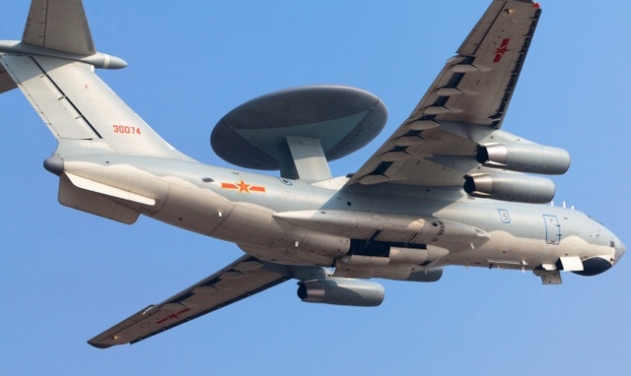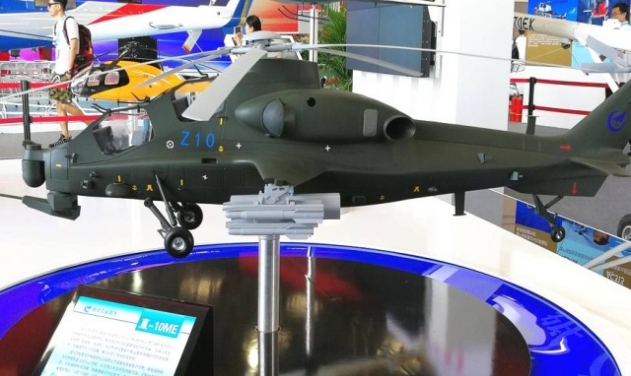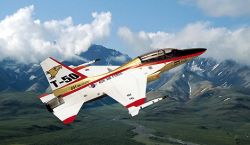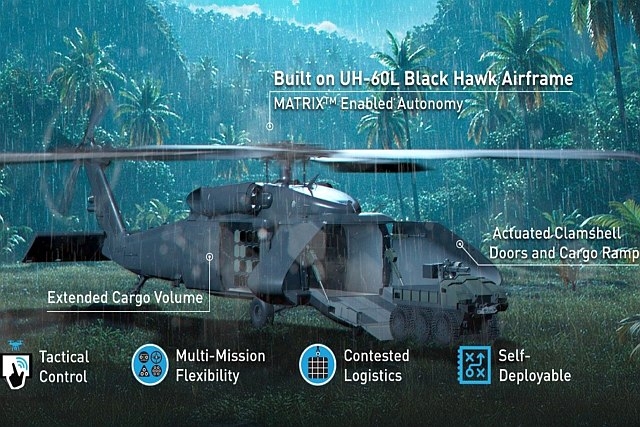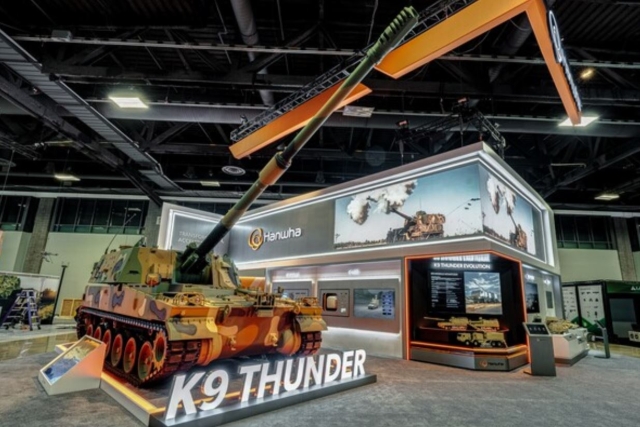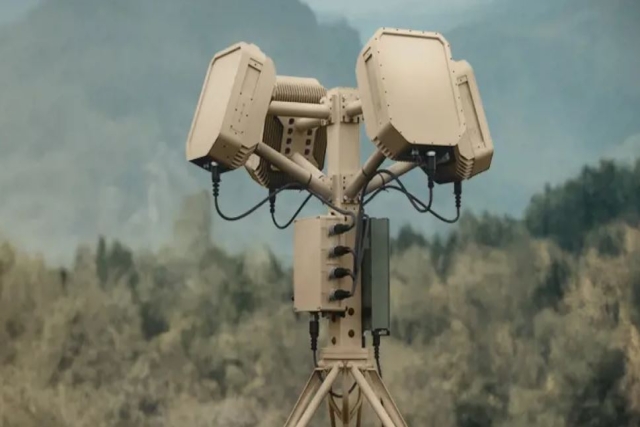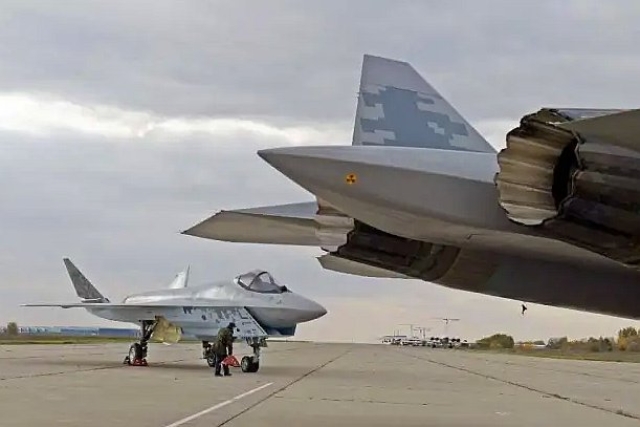Heavy US Presence at Chinese Airshow Hides Differences over Trade, Sanctions
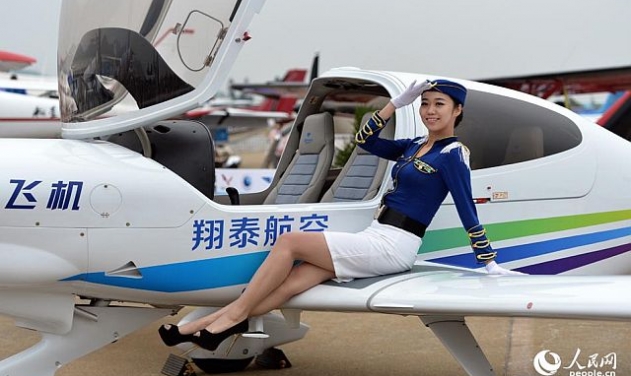
Amidst differences over trade and accusations of Beijing stealing US technology, a large contingent of US companies is participating in the Zhuhai Airshow 2018 starting Tuesday.
Over 40 US companies are expected to take part in the event to present solutions for commercial and general aviation including manufacturing, assembly, operations and maintenance, exhibiting under the common “USA Partnership Pavilion” umbrella.
“Maybe it was because of COMAC’s emerging prominence — 70 percent of suppliers on board the debut C919 airliner are reported to be American — or just the obvious scope and scale of the Chinese aerospace market. Now more than ever, success in international trade depends on partnership and teamwork,” said Tom Kallman, CEO, Kallman Worldwide, Inc., Airshow China’s official U.S. representative.
The Commercial Aircraft Corporation of China, Ltd. (COMAC) is a Chinese state-owned aerospace manufacturer aimed at reducing China's dependency on US’s Boeing and Europe’s Airbus. The C919 is China’s first commercial airliner aimed at the world market dominated by Boeing 737 and Airbus A320.
“America’s presence at Airshow China 2018, amplified by this recognition of the USA Partnership Pavilion, is a strong indication of how important China is to US aviation and aerospace suppliers, and that buyers and influencers here are also looking to the U.S. for innovative solutions and partners,” he added.
Barely a month ago, Washington had imposed sanctions against the head of the procurement entity of Chinese military for buying Russian Su-35 fighter jets and the S-400 air defence systems under the Countering America’s Adversaries Through Sanctions Act (CAATSA).
In addition, US federal agents lured a Chinese ‘spy’ to Belgium in October and had him transferred to the United States for prosecution on economic espionage charges. Yanjun Xu, a senior officer with China’s Ministry of State Security (MSS), is accused of seeking to steal trade secrets from leading aviation firms. Recent US court filings claim that Chinese intelligence attempted to steal information on a French-U.S. turbofan engine developed for commercial jetliners--a reference to the Safran-General Electric LEAP.
